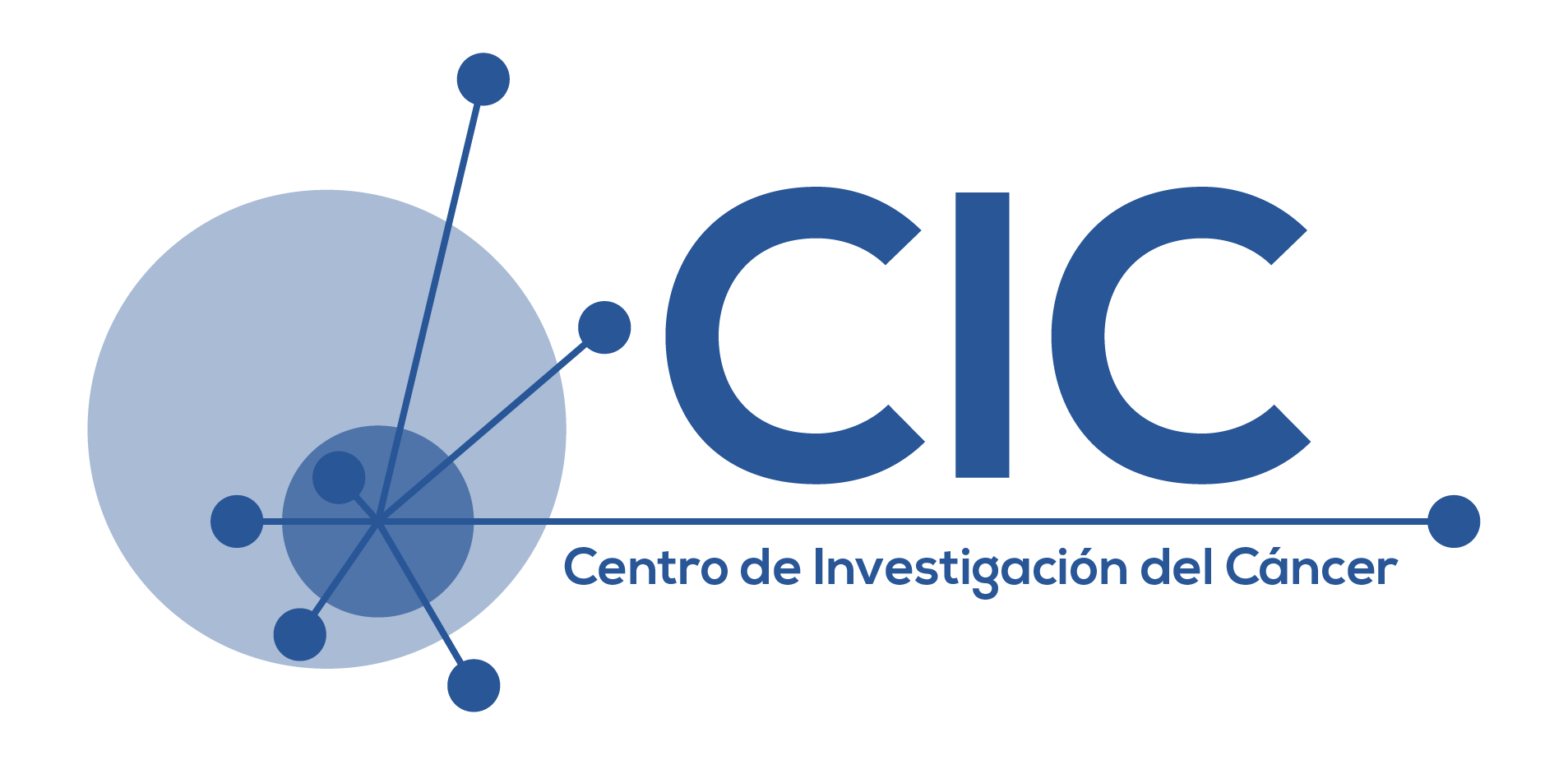
- Cet évènement est passé.
Postdoctoral position: cancer resistance in wild mammals (cellular and cancer biology)

Project information
Cancer is recognized as a pathology that affects almost every member of the animal kingdom. Accurate estimates on cancer in wildlife promise extremely valuable information on oncogenic processes, as the limited research conducted on non-standard model organisms already provided tremendous insights on the natural mechanisms of cancer resistance. The COVER project proposes to use a multidisciplinary approach at the interface of oncology, physiology, cellular and evolutionary biology to characterize the prevalence of cancer in wildlife and identify the genetic, physiological and life-history predictors of the cross-species pattern of cancer susceptibility. The goal is to unravel the cross-species diversity of cancer resistance, and highlight future avenues in the identification of efficient tumor-suppressor mechanisms.
The project aims at performing in vitro and in vivo functional assays to systematically assess whether and how activation of a driver oncogene results in cell transformation across a panel of cell lines derived from different species. Cancer transformation is a complex process regulated by a concerted cellular response to the homeostatic changes induced by the oncogene and the phenotypic outcome is determined by epigenetic components, transcriptional modulators and the implementation of tumour-suppressive functions. We will use cell lines from 15 species spanning the entire cancer susceptibility range (from cancer-resistant to highly susceptible species) to evaluate how the propensity for malignant transformation is regulated the molecular and biochemical levels. Also, we aim at deciphering how those responses are implemented to restrain malignant growth.
Job requirements
We are seeking for a highly motivated postdoc with a strong background in cellular and/or cancer biology and an interest in fundamental and translational cancer research. Proficiency in English, communication skills and team-work attitude are important requirements.
Applicants would likely have:
– A PhD in genetics, biology, pharmacology or in a related field of the life sciences.
– Skills in molecular biology and cell culturing, including 2D and 3D, migration assays and experience with the generation of primary cell lines.
– Previous experience in animal manipulation is a plus, including experience with cell line implants and small surgery in mice.
– Prior experience gene screening and editing assays using CRISPR/Cas9 as well as RNAseq data analysis would be an advantage.
The position is funded for 2 years by the ANR project COVER (collaboration between the MNHN (Paris, France), LIENSs (La Rochelle, France, https://wicane.recherche.univ-lr.fr/) and the CIC (Salamanca, Spain). The postdoc hired by the MNHN will mostly work at the CIC. The experimental work will be carried out in the laboratory of David Santamaría, at the Cancer Research Center of Salamanca (Spain). The CIC is a comprehensive research center focused on cancer. It was initiated in 2000 and currently integrates 25 research groups with over 300 researchers/staff grouped in 2 (basic and clinic) research programs. CIC has a primary strategy focused on early cancer development, diagnosis and therapeutic intervention.
More information: https://www.cicancer.org/.
Please also see: https://www.cicancer.org/grupo?id=86
We are looking for candidates who could ideally start late 2024 or early 2025 but this could be discussed.
Applications should be submitted to Bertrand Bed’Hom (bertrand.bedhom@mnhn.fr), David Santamaria (d.santamaria@usal.es) and Mathieu Giraudeau (giraudeau.mathieu@gmail.com) and should include a CV with a publication list, a research statement, a cover letter and contact information for at least two references (name, address, email and phone number).